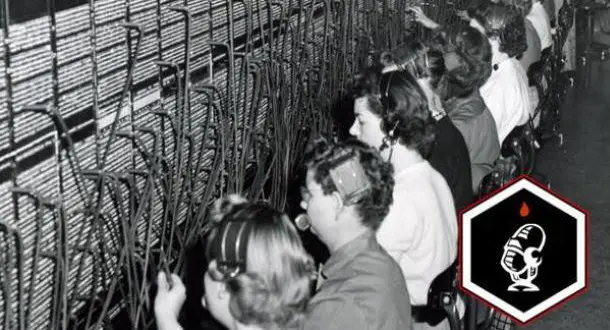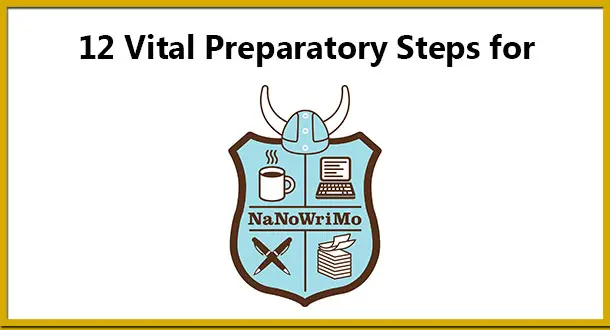Menu
Columns
Showing 3546 Columns
Showing 3546 Columns
October 8th, 2014

I absolutely love a good trope, and tropes are successful for a reason—because they work! Never is this truer than with the romance genre, and one of my all-time favorite tropes in romance literature is the unattainable rock star fantasy. Rock star romances run the gamut, from sweet, tender love stories to no holds barred, sexy backstage antics. There's something for everyone, humorous to serious, all featuring the glamorous world of a rock star.
Read Column →October 7th, 2014

And here we are. The final leg of Arrest Us!. The big winners get their due. Before we get into those, we want to give a hearty thanks to the folks who helped make Arrest Us! so much fun. First, let's recognize the awesome publishers who sent out prize packs to our best reviewers. Each winner got a bunch of free books and other swag.
Read Column →October 6th, 2014

After the collapse of my first book deal, I'm back in business—Polis Books will release my debut novel, New Yorked, in June 2015, and has contracted me for a follow-up, City of Rose. This is a monthly column about taking a book over the finish line.
Read Column →October 3rd, 2014

So you've finally had it. You're sick of the grind: the job, email, Facebook, Twitter, text messages, television constantly trying to sell you shit you don't need. When you were first starting out, you never pictured your life turning out the way it has. You always thought you'd live close to the land, maybe farm and hunt your food, build your house with your own hands, fall in love with a woman who had the same ideals. But, nope, nothing of the sort has happened.
Read Column →October 3rd, 2014

A man approached me once as I was stocking bookshelves in a store and said smugly, "I've read two books in my entire life. What do you think of that?" He then pointed to a copy of Fifty Shades of Grey and remarked that he couldn't see why people wasted their money on such garbage.
Read Column →October 3rd, 2014

Oh, hello, I didn't see you there. This is definitely Nathan, and not some guy who found a laptop in the Chuck E. Cheese ball pit. I've been getting urgent emails from some guy named Josh (who I definitely know) telling me I'm supposed to write this thing, so I am doing it, just like I always do apparently.
Read Column →October 2nd, 2014

Thanks to the Office of Letters and Light, November poses one of the greatest challenges for writers: drafting an entire novel in one month. With a 50,000 word threshold, NaNoWriMo (National Novel Writing Month) completion represents dozens of hours of work. To be sure, the challenge shouldn't be taken on lightly—which is why October is the perfect time to start preparing. Here are 12 vital preparatory steps for nailing NaNo this year. 1. Decide Your Level of Commitment Fifty. Thousand. Words.
Read Column →October 2nd, 2014

In this column, we’re going to talk a little about an online flare-up, we'll hear a little something about Nicholas Sparks being a jerk at the Laundromat, and we'll cap it off with bit about this author’s time in high school. And these will all end up in the same place, if it works out. Fingers crossed, readers. Let’s start this off with what happened online between Chelsea Cain and some other people who are not Chelsea Cain.
Read Column →September 30th, 2014

Never before has the conversation about diversity in literature been quite so active. With the We Need Diverse Books campaign in full swing, there’s never been a better time to explore young adult novels that are raising the bar with a rich and diverse cast of characters. We will look at books that celebrate a wide range of diversity from authors like Una LaMarche, Amèlie Sarn, and John Ed Bradley.
Read Column →September 30th, 2014

Flash fiction: A style of fictional literature marked by extreme brevity. Welcome to LitReactor's Flash Fiction Smackdown, a monthly bout of writing prowess. How It Works We give you inspiration in the form of a picture, poem, video, or prompt. You write a flash fiction piece using the inspiration we gave you. Put your entry in the comments section. One winner will be picked and awarded a prize.
Read Column →Submitting your manuscript?
Professional editors help your manuscript stand out for the right reasons.
